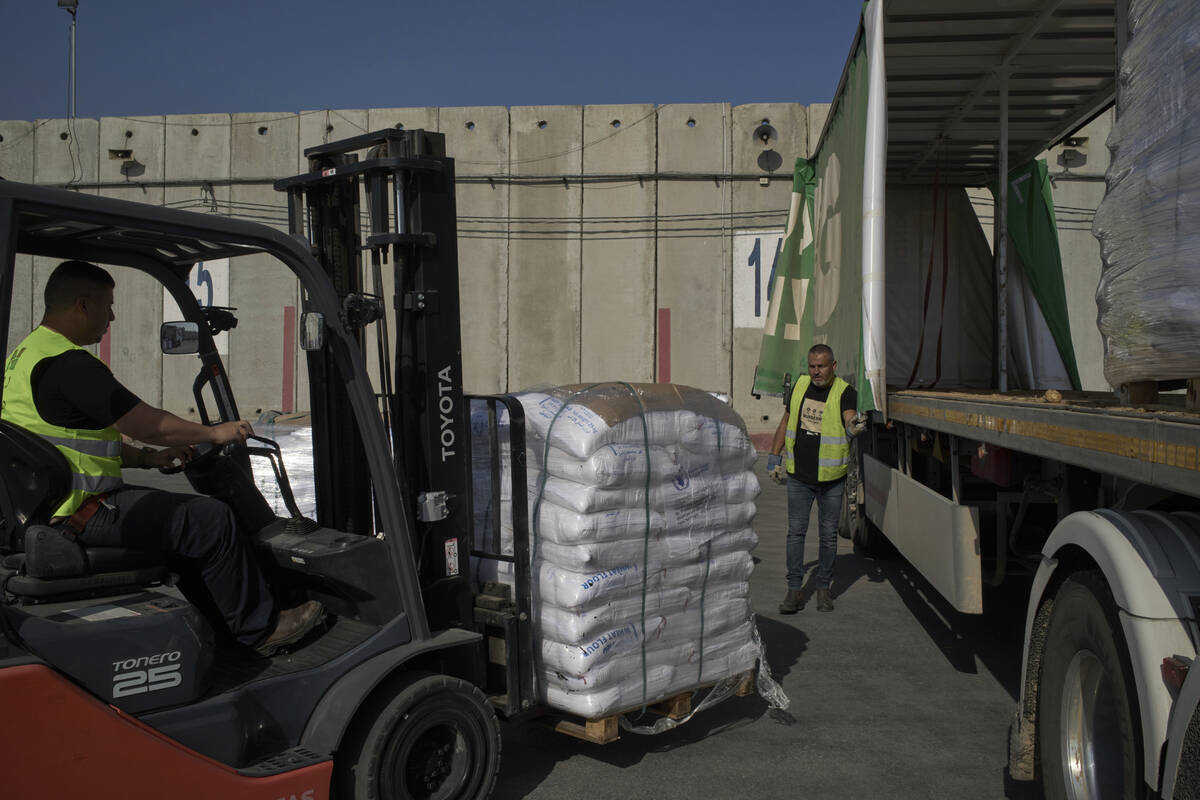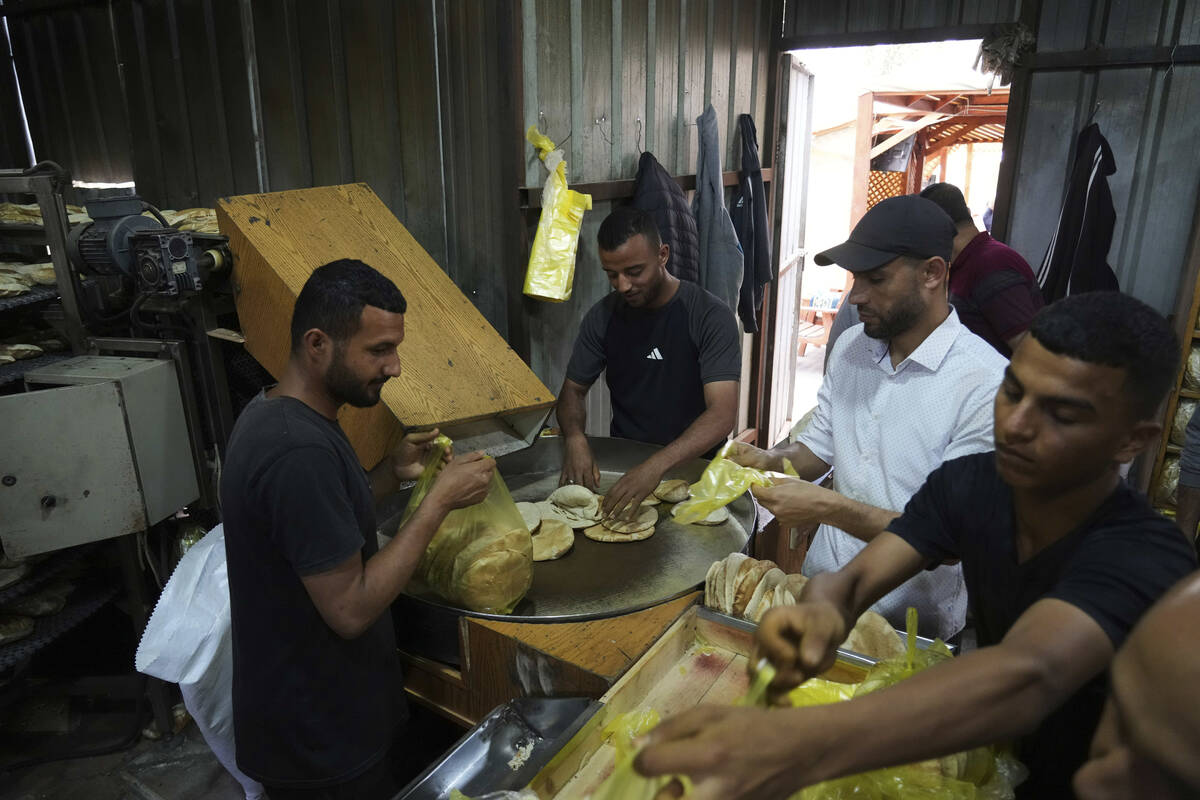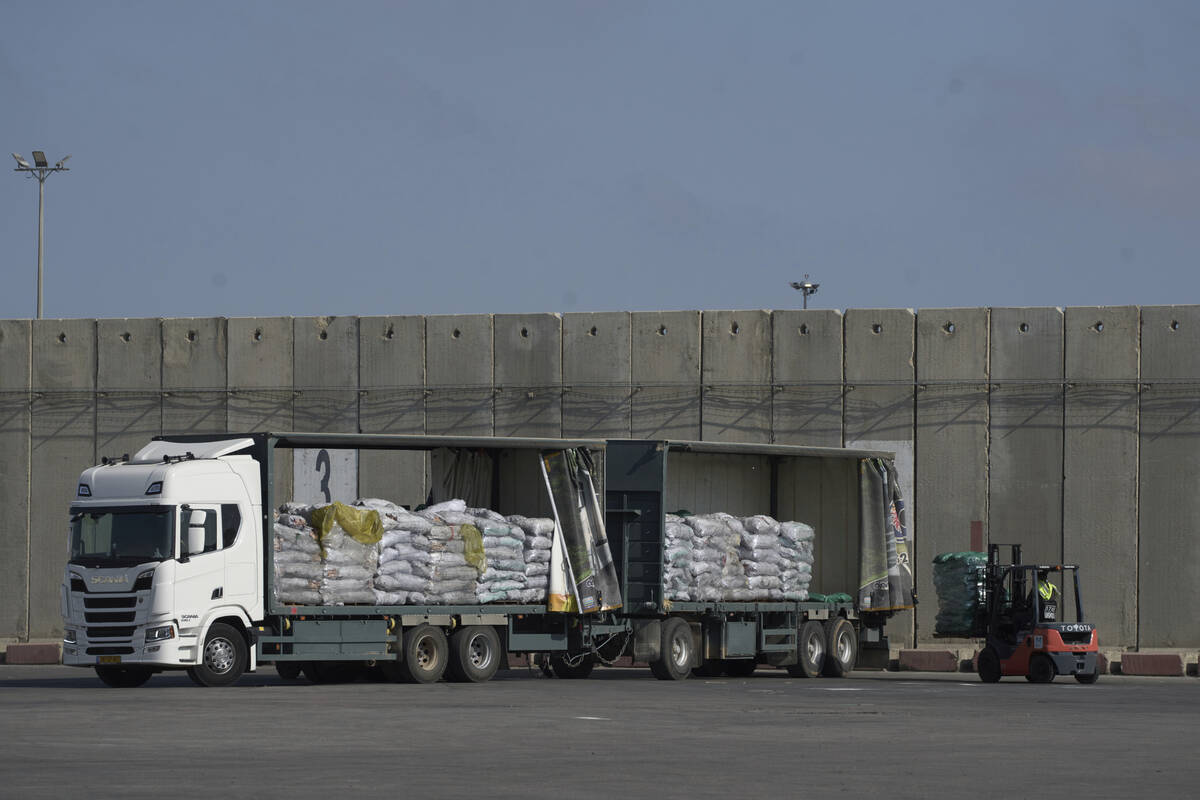Israel may change tack to allow aid groups in Gaza to stay in charge of non-food aid
TEL AVIV, Israel — As pressure mounts to get more aid into Gaza, Israel appears to be changing tack and may let aid groups operating in the enclave remain in charge of non-food assistance while leaving food distribution to a newly established U.S.-backed group, according to a letter obtained by The Associated Press.
The development indicates Israel may be walking back from its plans to tightly control all aid to Gaza and prevent aid agencies long established in the territory from delivering it in the same way they have done in the past.
Israel accuses Hamas of siphoning off aid but the United Nations and aid groups deny there is significant diversion. The U.N. has rejected Israel’s plan.
Israel had blocked food, fuel, medicine and all other supplies from entering Gaza for nearly three months.
The letter, dated May 22, is from Jake Wood, the head of the Israel-approved Gaza Humanitarian Foundation, or GHF, and is addressed to COGAT, the Israeli military agency in charge of transferring aid to the territory.
It says that Israel and GHF have agreed to allow non-food humanitarian aid — from medical supplies to hygiene items and shelter materials — to be handled and distributed under an existing system, which is led by the United Nations. U.N. agencies have so far provided the bulk of the aid for Gaza.
The foundation would still maintain control over food distribution, but there would be a period of overlap with aid groups, the letter said.
The foundation confirmed the authenticity of the letter.
COGAT declined to comment on the letter and referred the AP to the office of Israeli Prime Minister Benjamin Netanyahu, which did not respond to a request for comment.
U.N. officials also did not reply to requests for comment.



















